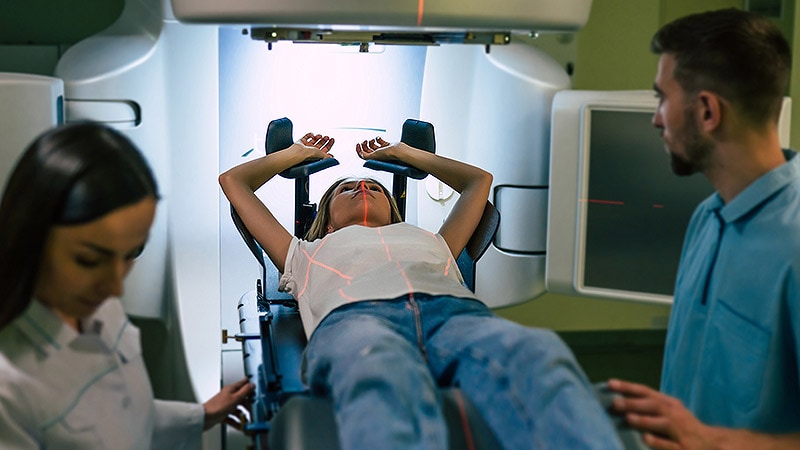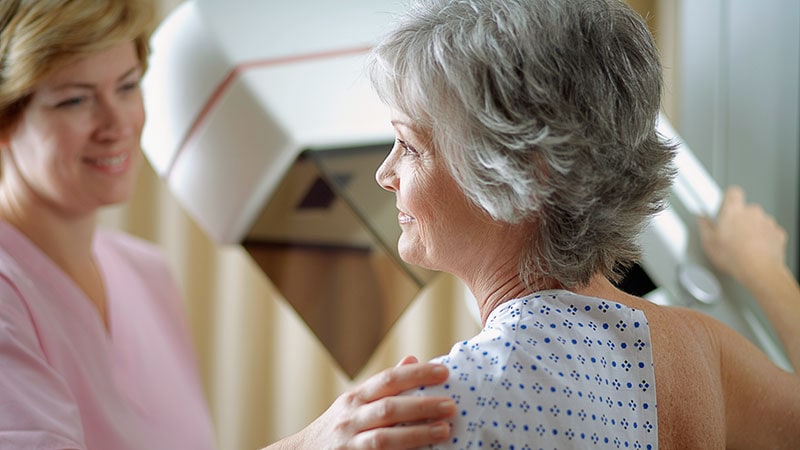Improving sleep behaviours as a modifiable risk factor may have potential implications for lung cancer risk, concludes a study reported in the journal Sleep.
The prospective study included 469,691 individuals free of lung cancer who were identified from the UK Biobank. Sleep behaviours were assessed using a standardised questionnaire. Cases of incident lung cancer were identified through linkage to national cancer and death registries. Multivariable adjusted hazard ratios (HR) for lung cancer (2177 incident cases) were estimated across four sleep traits (sleep duration, chronotype, insomnia and snoring), and the interaction and joint effects with a lung cancer polygenic risk score were examined.
A U-shaped association was observed for sleep duration and lung cancer risk, with an 18 per cent higher risk (95% CI, 1.07-1.30) for short sleepers and a 17 per cent higher risk (95% CI, 1.02-1.34) for long sleepers, compared with normal sleepers (7-8 hours/day).
Evening preference was associated with elevated lung cancer risk compared with morning preference (HR, 1.25; 95% CI, 1.07-1.46), but no association was found for insomnia or snoring.
Compared with participants with favourable sleep traits and low genetic risk, those with both unfavourable sleep duration (<7 hours or >8 hours) or evening preference and high genetic risk showed the greatest lung cancer risk (HR sleep duration, 1.83; 95% CI, 1.47-2.27; HR chronotype, 1.85; 95% CI, 1.34-2.56).
The authors say these results indicate that sleep behaviours as modifiable risk factors may have potential implications for lung cancer risk.



